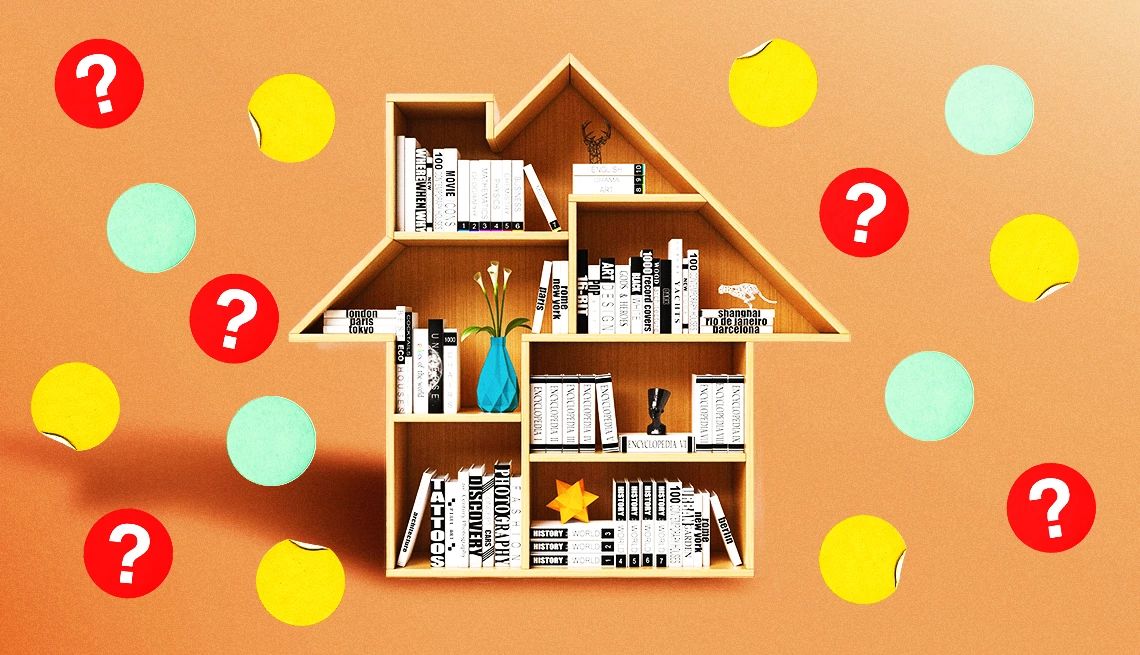AARP Hearing Center


It’s liberating to ditch the stuff you accumulate during your life. In addition to boosting your mental health, organizing your home makes it safer and cleaner. This is especially important for older adults, who need plenty of space to move to avoid trip-and-fall hazards. Want to learn more about making your living area more manageable? Read our Smart Guide to Decluttering, then take our quiz. Your house (and housemates) will thank you for it.
This quiz was created with the assistance of generative AI. It was reviewed by editors before publication.

































































You Might Also Like
Here’s What to Do With All Your Unwanted Stuff
We share advice on how to sell, donate and recycle after you declutter
25 Spots to Add to Your Cleaning List — Stat
Uncover hidden grime in overlooked areas of your homeSpring Clean All of Your Spaces
Helpful tips for tidying up every room in your house